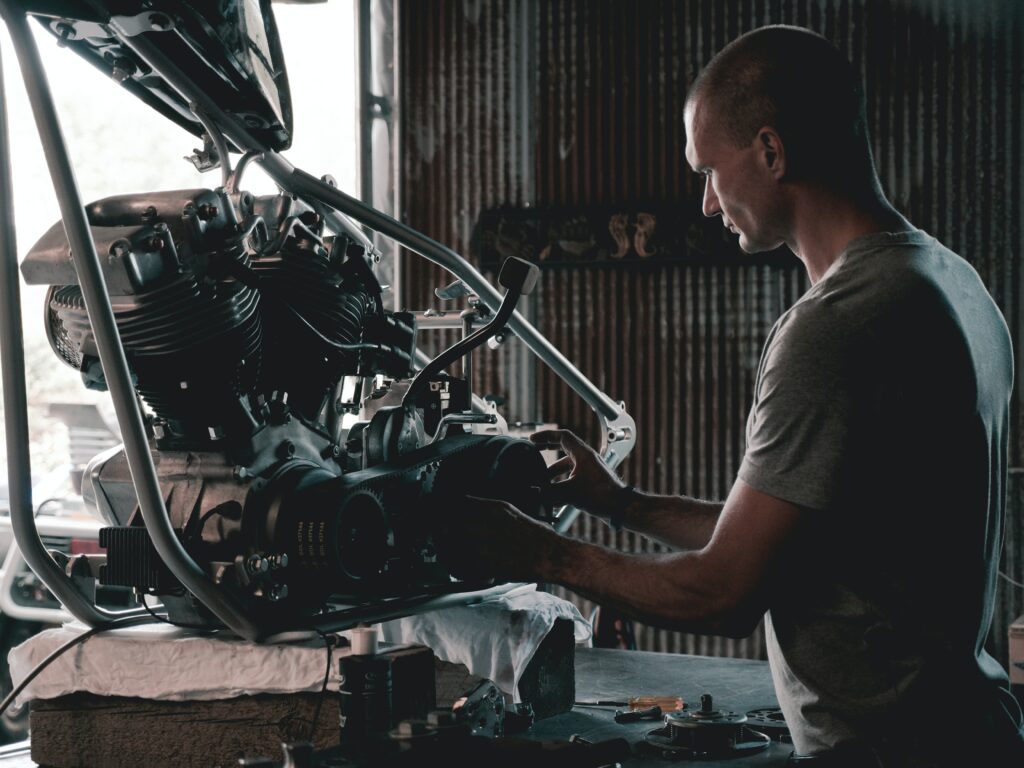The South African automotive industry faces an escalating skills shortage that threatens its sustainability. The lack of sufficiently skilled workers is a critical challenge, particularly as the industry struggles to adapt to rapid technological advancements in vehicle systems and the changing demands of modern vehicles.
Vishal Premlall, National Director of the Tyre Equipment, Parts Association (TEPA), a proud association of the Retail Motor Industry Organisation (RMI), highlights the urgent need for targeted training to bridge the skills gap and keep members at the forefront of the sector.
He says improving skill levels not only benefits the industry’s operational competency, but also enhances road safety for all South Africans. “Fortunately the Manufacturer’s training on product and fitment in the tyre and equipment sector is still the most up-to-date and relevant training one can find. We are nevertheless still looking at introducing additional robust, specialised training programmes which are specifically tailored to our sector,” he says. The programmes, apart from covering technical skills, are being developed to cover retail skills and entrepreneurship to attract new entrants into the industry and will leverage existing courses within the merSETA framework, which are being updated to meet modern technological demands. “Our goal is to make training relevant and accessible across the sector,” he says.
“Specialised training not only improves productivity but also promotes a culture of continuous learning, ensuring that the workforce remains skilled and knowledgeable about industry advancements. We are ultimately creating a more comprehensive training ecosystem that supports professional development at all levels and contributes towards a more sustainable industry,” he says.
Expanding opportunities nationally
The TEPA training plan includes a five-year nationwide rollout, allowing the programme to reach members across South Africa. TEPA will also launch campaigns to attract new talent, particularly those interested in starting their own businesses.
Premlall emphasises that industry-wide support is crucial. “Workplace experience is a vital part of skills training, and we’re seeing great enthusiasm for these programmes. Addressing the skills shortage is not only a solution for our industry but also an opportunity to combat unemployment in South Africa,” he says. TEPA’s vision is to change the perception that investing in skills development is counterproductive, highlighting the long-term benefits of upskilling the workforce to create a more sophisticated, professional industry landscape.
TEPA’s national chair, Johann van de Merwe, concurs. “Ensuring skill alignment with the automotive industry’s technological evolution is a strategic priority for TEPA. Skills development supports industry professionalism and road safety, key areas in which we must excel as an industry,” he says. He says TEPA will continue to advocate for best practices, compliance, and a more regulated and skilled operating environment to benefit South Africa’s automotive aftermarket sector and the economy and to attract and retain the necessary skilled staff.
